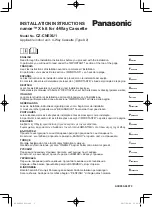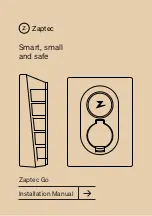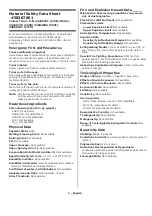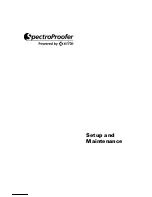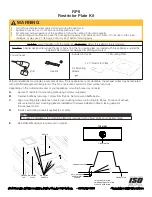
Parabolic Sensor BS30
7 / 16
Revision: 1.4 | 2020-09-14
2 Sensor description
2.1 Applications and designated use
The parabolic sensor is used for the accurate detection of ultrasonic waves over distances of up
to 35 m. The following testing work can be carried out in combination with the SONAPHONE:
Detection of leaks in compressed air, gas and vacuum systems
Detection of electrical partial discharges and insulation damage
Tightness testing of windows, doors, vehicles or containers
(in combination with the SONAPHONE T ultrasonic transmitter)
2.2 Functioning
The parabolic reflector
reflects ultrasonic waves and bundles these together for the ultrasonic
microphone.
The ultrasonic microphone
in the sensor converts sound pressure fluctuations in the air into
an electrical signal over a wide frequency range. This electrical signal is amplified and
digitalized within the sensor. Further data processing and output takes place in the testing
device.
The target laser
and the
red/green dot sight
also help with the precise location of damage
areas. If the sensor points towards the damage area during the search, the precise location can
be detected by means of acoustic signals, by pivoting the sensor and searching for a local
maximum sound level. The target laser and the red/green dot sight highlight the position of the
damage.
Summary of Contents for SONAPHONE BS30
Page 1: ...Ultrasonic Testing Device for Preventive Maintenance User Documentation Parabolic Sensor BS30...
Page 2: ...SONOTEC GmbH All rights reserved Revision 1 4 2020 09 14 Subject to technical modifications...
Page 4: ...Parabolic Sensor BS30 4 16 Revision 1 4 2020 09 14 This page has been deliberately left empty...



















